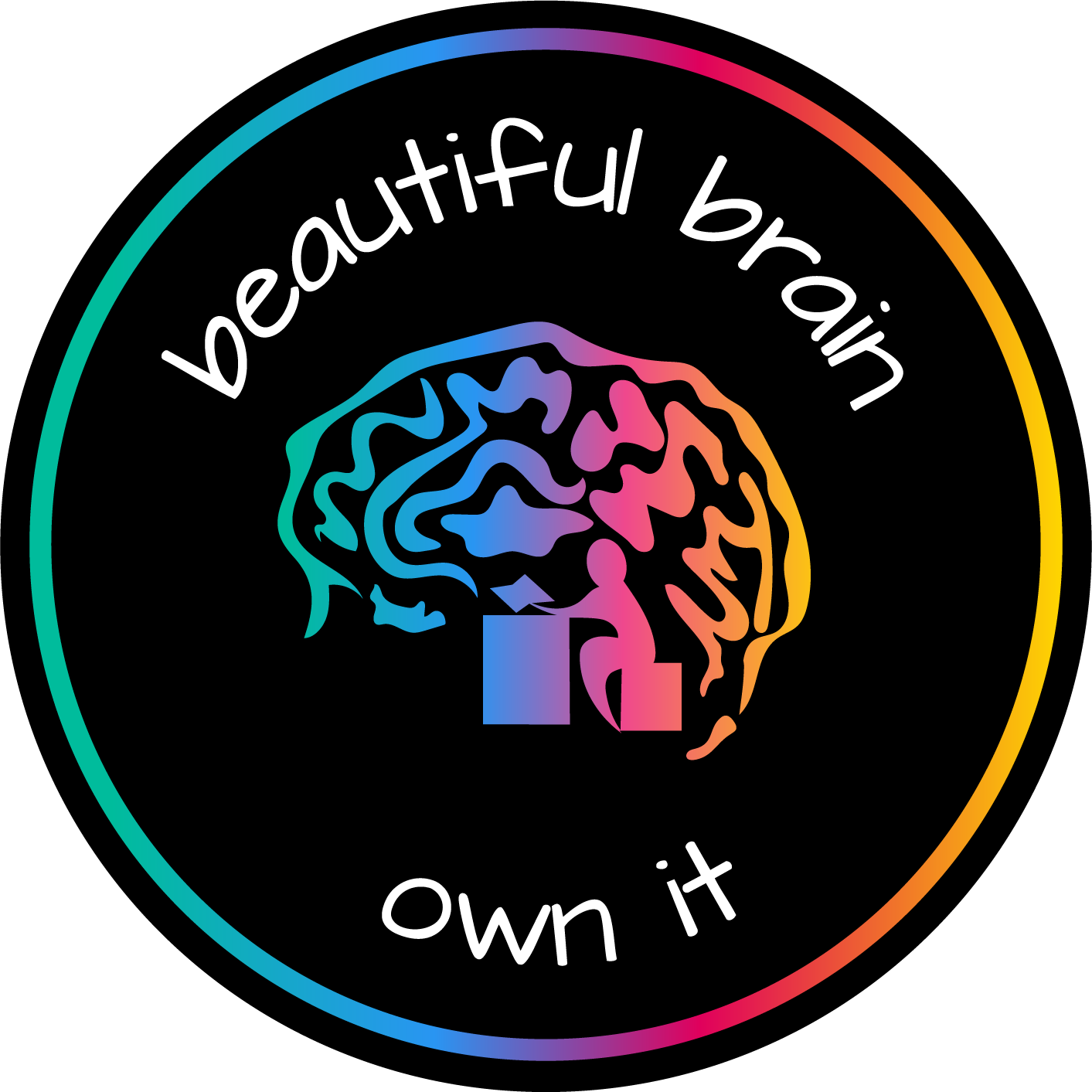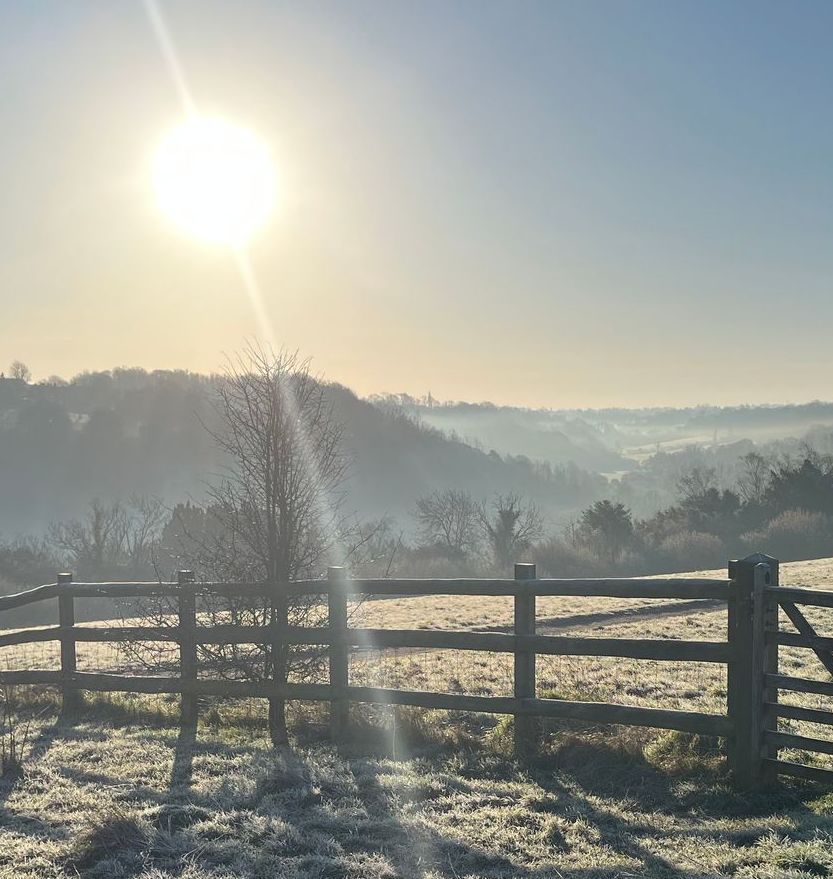
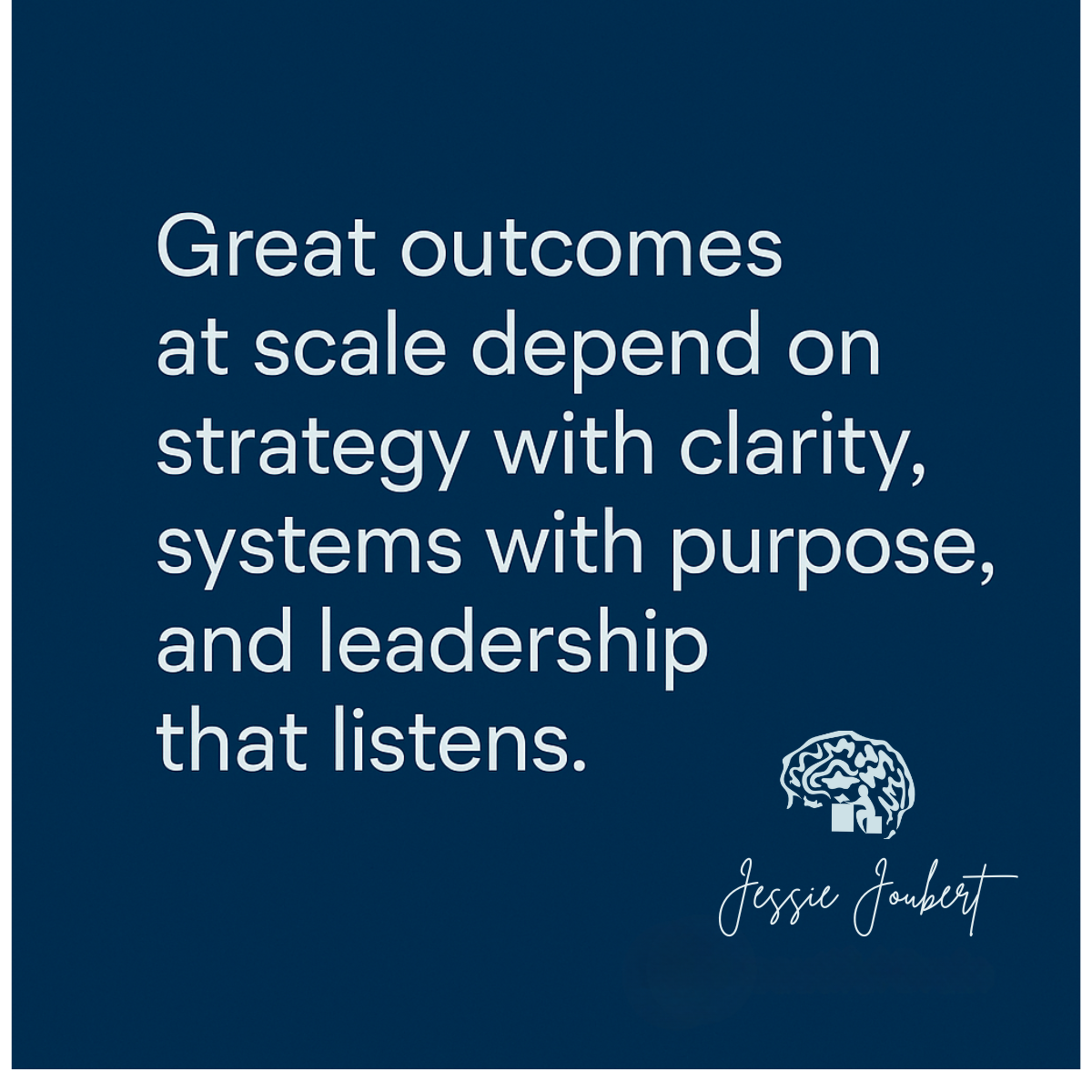
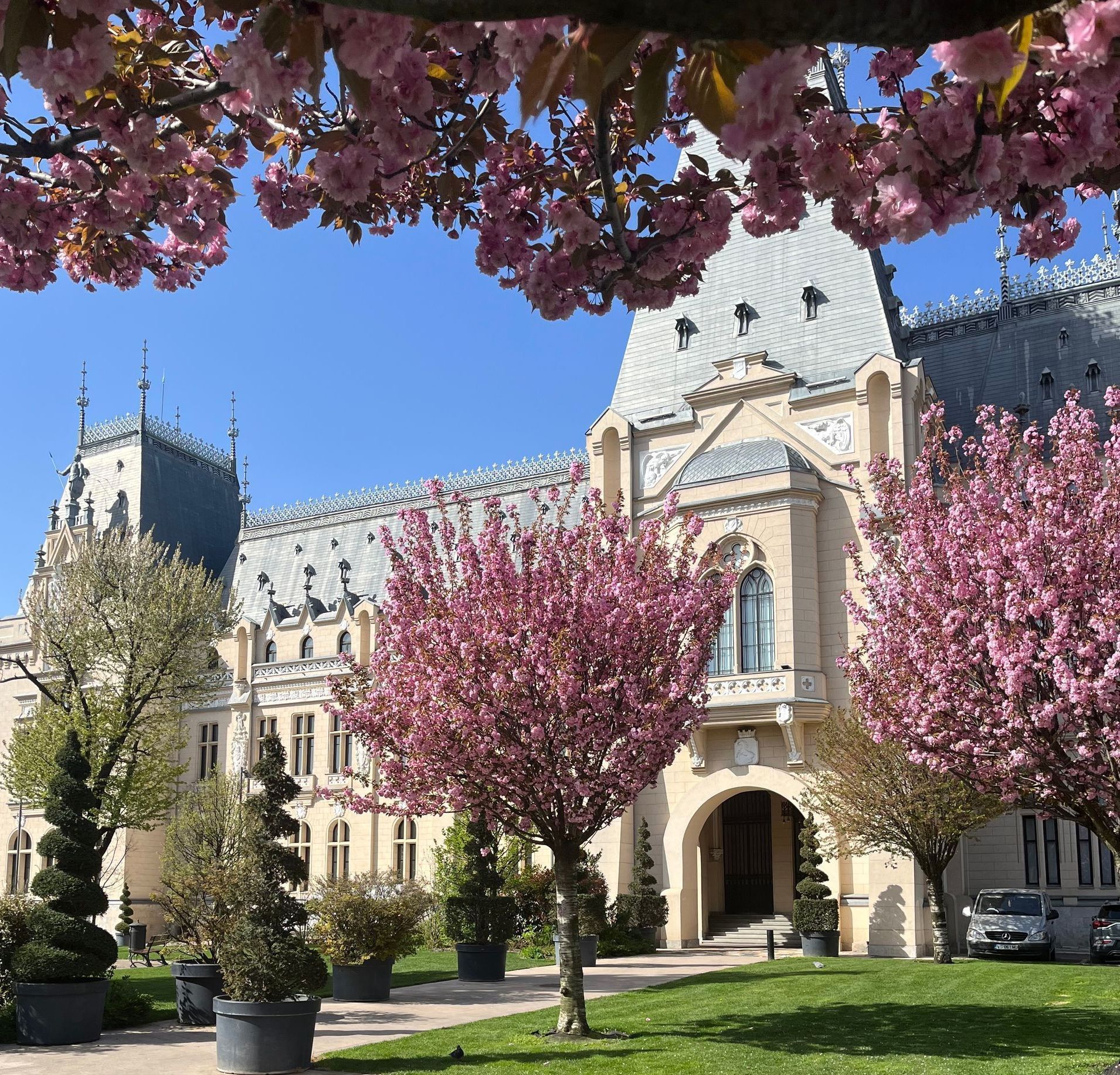
What Do We Bring Into the Room?
- by Jessie Joubert
- •
- 03 Apr, 2025
- •
A pensive narrative on cultural capital as lived experience
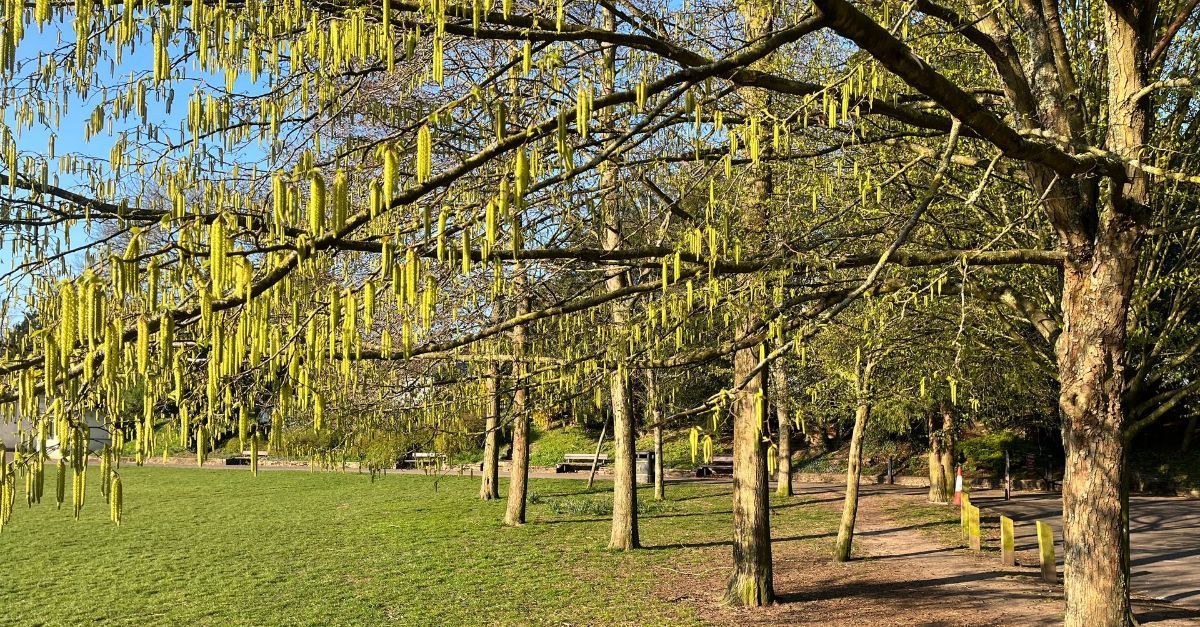
Cultural capital.
It’s a term I’ve mostly avoided. Not because it isn’t important — but because it’s become so crowded with clichés, assumptions, and overused soundbites. It’s often used to target groups of people, or to justify a narrow range of experiences and exposures as markers of success.
I’ve seen it reduced to enrichment trips, classical references, or the ability to “speak well” — all too often framed through a deficit lens: they don’t have it, we must give it.
But cultural capital isn’t something you give. It’s something you recognise, nurture, celebrate and grow. Something you see in others, and something you carry yourself — sometimes quietly, sometimes protectively, sometimes without ever naming it.
Fluency, or performance?
There are spaces where I move with ease. I understand the unspoken rules. I speak the language — both literally and professionally. And then there are spaces where I find myself guessing: performing confidence, watching for cues, wondering if I’m “doing it right.”
That’s cultural capital too. Not just what we know — but what we’ve absorbed. What we’ve been praised for. What we’ve learned to hide.
And so, I’ve started asking myself — and inviting others to ask:
What am I fluent in that others aren’t?
What do I assume is 'normal'?
Where do I feel safe to show uncertainty? Where do I mask?
The quiet things we misread
So much of our professional practice — especially in education — is based on reading behaviour. But how often do we misread it?
I’ve seen students labelled as defiant when they were actually demonstrating fluent tenacity — pushing back with logic and emotion, even if what was driving them wasn't appropriate.
I’ve watched learners wilfully underachieve — not from apathy, but from self-awareness. A deep discomfort with being “seen,” being measured, being held accountable for something they don’t yet believe they’re worthy of.
And I’ve seen staff dismissed as difficult, resistant, non-compliant — when in fact, they were the ones who cared most. Who held the most ethical tension. Who were asking better questions than the ones in the action plan.
We talk about unmet need, unseen potential. But how often is it our lens — not their behaviour — that needs adjusting?
Before we define a school’s capital…
I believe we need to turn inward first.
Before we define the cultural capital of a school cohort, we must ask:
What do we bring into the room? As leaders, teachers, support staff?
At work:
- What do I value most — and where did I learn to value it?
- What behaviours do I reward? Which ones do I quietly reject?
- Where do I see confidence, and where do I mistake it for arrogance or threat?
At home:
- What did my family teach me about knowledge? About school?
- Who did I see succeed — and how?
- What do I carry into the classroom that has nothing to do with training, and everything to do with identity?
Only then can we begin to understand the cultural capital of our learners — their languages, their silences, their humour, their references, their coded forms of trust.
Only then can we see our colleagues more clearly — beyond compliance, beyond politeness — as people carrying their own rich, messy, powerful reservoirs of knowledge, belief and survival.
So what might we ask, now?
I’m not offering answers. Just an invitation to pause. To reflect. To be curious.
- What do you bring into the room — before the role, before the slides, before the plan?
- What have you learned to hide — and what do you now want to name?
- In your team, who defines what 'professional' looks like?
- Who asks the best questions — and are they being heard?
- What might change if we looked at behaviour not as opposition, but as information?
Maybe, if we start there, we can begin to build something braver — not just for the children we teach, but for the adults we work alongside every day.









